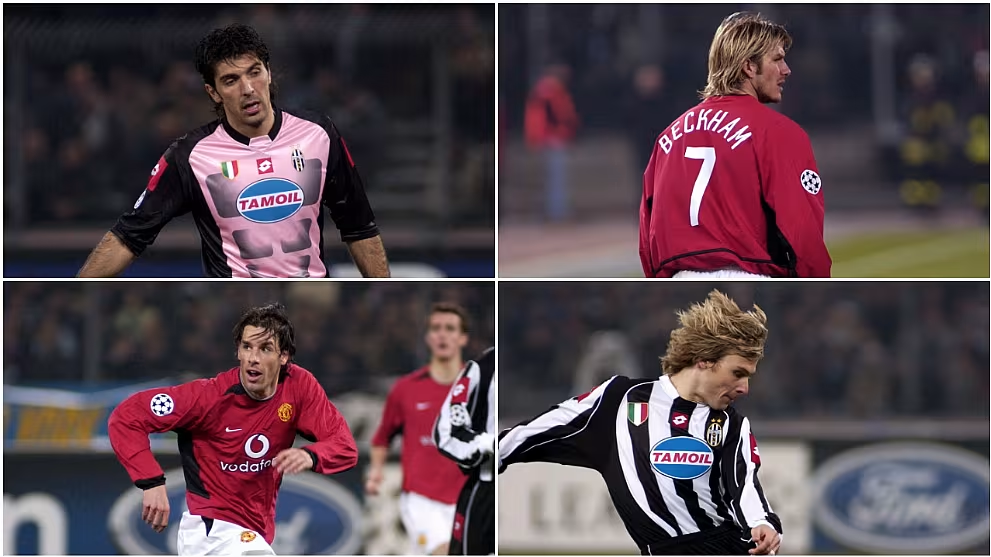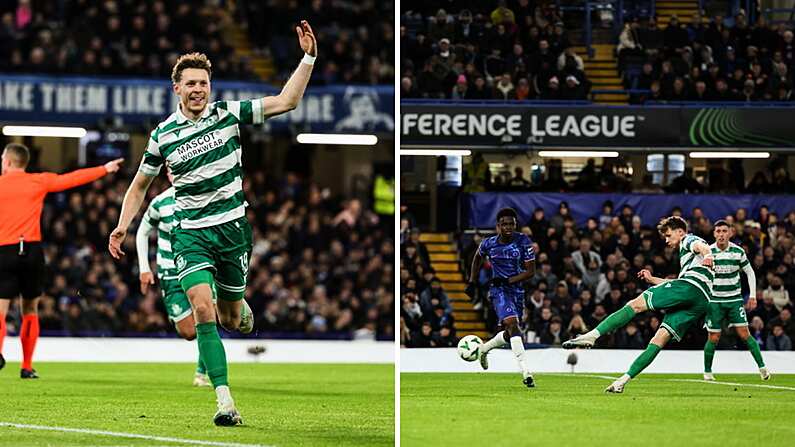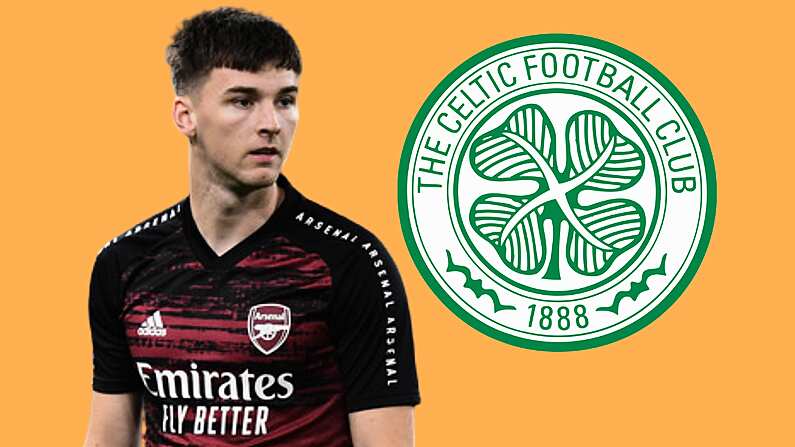Fifteen years ago, as Manchester United and Juventus met in the Champions League for the fourth time in seven seasons, a surprisingly one-sided pair of games showed few traces of the end that was in sight.
Across the eight games they have played, the Italian side wracked up three wins in the first four meetings; a testament to Marcello Lippi’s team and the three consecutive European finals they would contest between 1996 and ’98.
In April ’99, as Alex Ferguson’s United chased success on three fronts, a 3-2 defeat of Juventus in Turin signaled a subtle shift in the parameter. Trailing by two goals after only 11-minutes, the nature of United’s comeback on the night would only be bettered in the Champions League final that awaited them.
Reflecting on his tussles with Lippi’s Juventus years later, the Scot laid out the important role this frequent opponent had played in epitomising the “model” he wished to recreate in Manchester.
When their paths met for the final time in the ill-conceived second group stage of the 2002/03 Champions League, Ferguson vs Lippi, United vs Juve, looked to be a rivalry that had run its course.
No longer appearing to be an opponent Man United need necessarily be wary of, a shared demise would nevertheless leave the heady days of the 1990s looking like a distant memory.

Coming into the 2002/03 season, the hegemonic hold Man United had on domestic matters begun to waver.
For the first time in eleven seasons, United had finished outside of English football's top-two; Arsene Wenger's Arsenal providing a rude awakening to the ready assurance with which United had hoovered up Premier League titles in recent years.
On the continent, the breakthrough of 1999 had not been built upon. Beaten quarter-finalists in 2000 and 2001, United subsequently missed out on the opportunity of contesting a Champions League final in Ferguson's native city; Bayer Leverkusen eliminating United at the semi-final stage to play Real Madrid in Glasgow.
A potential finale that had seemed fitting as Ferguson first laid out his exit strategy at Manchester United, a sure consolation was the prospect of righting those European wrongs in Old Trafford - the host stadium for the 2003 final.
With Juventus, Basel and Deportivo La Coruna standing between United and a place in their seventh successive Champions League quarter-final, Ferguson's outfit would leave Lippi's current crop looking a shadow of the team that had boasted the likes of Zinedine Zidane, Edgar Davids, Filippo Inzaghi and Didier Deschamps only four years earlier.
********************
Recording a rudimentary 2-1 win over Lippi's side in Old Trafford, the result was all but enough to assured United's progression to the last-eight.
As a Guardian report of the game read; "United's display did have its merits, but they were not of the type to send Old Trafford into raptures."
Flip ahead one week to the game in Turin, and no such subtlety was on show. Resting both Ryan Giggs and Ruud van Nistelrooy ahead of a League Cup final clash with Liverpool, "Man United returned to the scene of their famous 3-2 win over the Italians in 1999 and produced some similarly exciting attacking play."
Drafted in to replace the injured Diego Forlan after only 8-minutes, a 29-year-old Ryan Giggs, amid rumours that he was set for a move to Inter Milan, tore through the Juventus defence leaving a relatively sprightly Gianluigi Buffon helpless to halt his right-footed finish.
As convincing a result Ferguson had recorded against one of the continent's heavy-hitters, Juventus' progression to the quarter-final as group runners-up would come down to their favourable goal-difference.
********************
And yet, as the tournament opened up into the knockout rounds, it would be Man United that came undone, and Juventus who would find their feet.
Bamboozled by the brilliance of Ronaldo in their quarter-final defeat to Real Madrid, Lippi's Juventus would negotiate their way past United's conquerors and the reigning European champions in a semi-final clash.
In Ferguson's place, it was Lippi who would lead his side out in the Champions League final at Old Trafford. In the opposite dugout, AC Milan's Carlo Ancelotti - the man afforded 15 months in charge of Juventus in between Lippi's broken spells with the club.
A dour contest would eventually fall the way of Ancelotti and Milan, for Juventus the issues that would be the club's undoing were gestating quietly beneath the surface.
When the Calciopoli scandal finally broke in 2006 and the Italian giants found themselves relegated to Serie B, the lingering sense that such corruption had not merely commenced with the 2004/05 was unavoidable.
And yet, without any adequate proof to the contrary, Lippi, the manager who departed his role ahead of this troubling season, would go on to galvanise an Italian team ready to take over the world in the summer of '06.

As Juventus dealt with the embarrassing fall-out of hierarchical misdemeanors, Manchester United suffered an altogether more understandable demise.
Domestically, a run of 8 Premier League wins in 11 seasons preceded three years of playing second-fiddle to Arsenal, and - thanks to the introduction of Roman Abramovich and the man who will fill Ferguson's place on the United bench tonight Jose Mourinho - Chelsea.
Defeat to Real in 2003 would signal the club's final quarter-final appearance for four years; an unimaginable drop off from the standards Ferguson's sides had consistently met.
Departing in the interim, Roy Keane, David Beckham, Phil Neville and Nicky Butt would join those players who had been part of the 1999 triumph and subsequently left the club.
When Ferguson's Man United had first met Juventus in 1996, all four had played their part in two dispiriting 1-0 defeats. Seven years on, two splendid wins had seen them all involved once again.
A journey that signaled both the resilience and development of Ferguson's first team to conquer Europe, when the trick was repeated in 2008, some notable remnants of the pioneering team remained.
In Juventus, United now find an opponent whose European exposure over the last fifteen years somewhat mirrors their own. Contesting five finals between them, United's success in '08 is the only outlier among the two finals they have both lost in that time.
Of course, the one player without whom United could not have done without in 2008 now finds himself returning to Old Trafford in the black-and-white of Juventus.
Funnily enough, after the bruising disappointment of 2002/03, it was around Cristiano Ronaldo that Alex Ferguson engineered his final ascent to the summit of European football.











